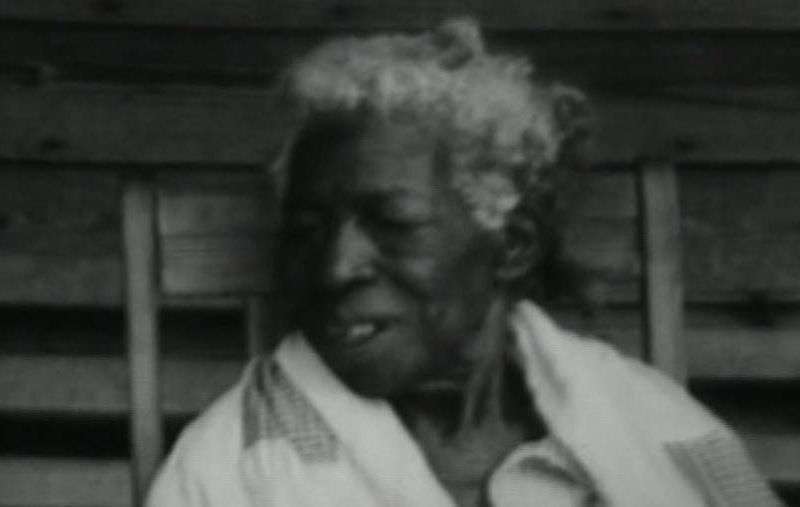

This discovery has major significance for understanding our history, the history of slavery, and for the descendants of those enslaved on that schooner, who after the Civil War founded the community of Africatown in Alabama, where many live to this day. The Alabama Historical Commission announced the ship was recently discovered by a maritime archaeologist, buried deep in the mud. Those mostly Dahomean young people were stuffed in that schooner, sold, and the schooner was scuttled so the enslaver could go undetected and still win his bet. This tour began when a slave owner and trader and shipbuilder Timothy Meaher wagered thousands of dollars in a bet that he could smuggle enslaved Africans on his fast schooner, the Clotilda, into Alabama and not get caught. This country outlawed the transatlantic slave trade an 1808, but in 1860 the last slave ship set sail for the United States from what is now Benin. MARC STEINER: Welcome to The Real News Network. Historian Sylviane Diouf discusses the discovery The slave trade was abolished in 1808, but this ship, the Clotilda, sailed in 1860 and was sunk by its owner once he won his bet and sold his human cargo.


 0 kommentar(er)
0 kommentar(er)
